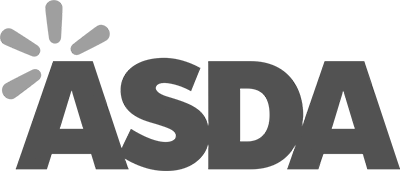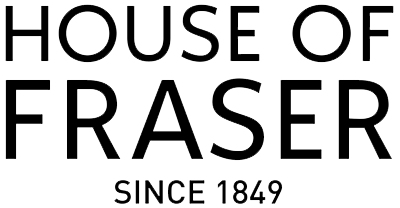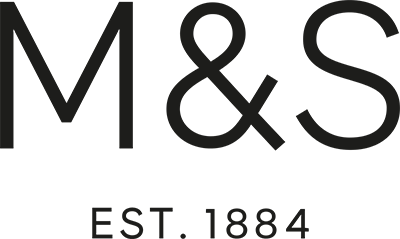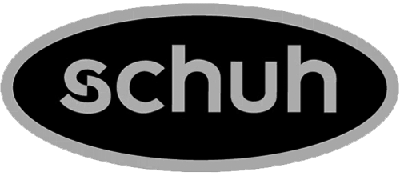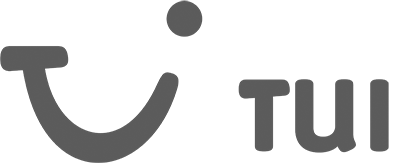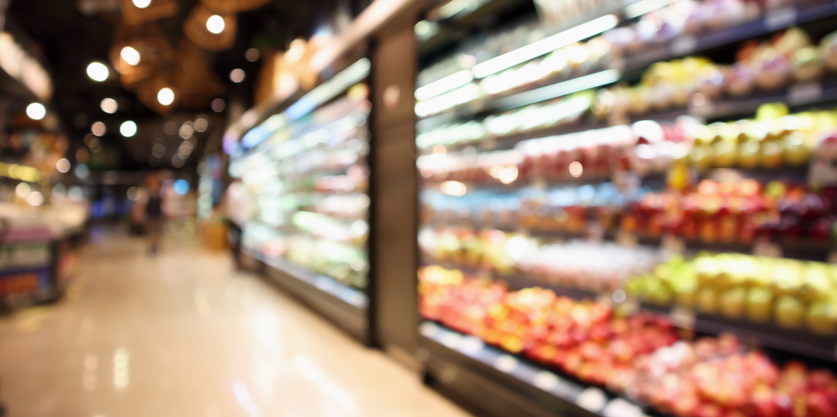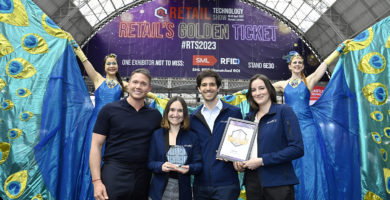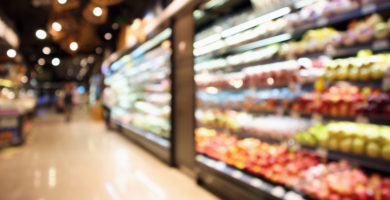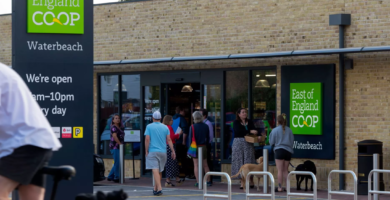It’s all about giving retailers the agility to manage demand across multiple channels and geographies quickly.
It’s only by looking back at what companies Zebra has been acquiring over the last eight years that it becomes clear the company is on a mission to expand on its leadership in in store tech. Take its purchases of analytics company Profitect in 2019 and then this year, Antuit, an AI company through which retailers can model to react to a unified demand signal.
And by delivering actionable insights from these tools to frontline managers and staff, retailers can respond on the fly, in contrast to the old model of seeing the problem and then having a long think about what to do about it. Armed with sales and demand data, retailers in stores can optimise established processes that are currently not delivering to their full capacity, notably ranging and assortment, replenishment, promotions and markdowns.
And this is not just about store efficiency, but about customer service. Using networked electronic shelf edge labels, a technology long overdue for adoption in the UK, retailers can dramatically speed up in store picking for on line orders, a service that is currently unprofitable for grocery retailers.
Recognising this, Tesco will pilot an Ocado-like model by building micro fulfilment centres that are close to where the orders are coming from and do not interfere with business as usual in the main stores, given the nightmare scenario of customers and on line pickers jostling for aisle space. This is also about a hybrid solution that lets customers dump all the boring staples purchasing on store staff, freeing them up to browse the aisles for ideas and new products.
The point is, these solutions depend on hand-held technology, be it in the hands of staff or customers, and smart software that makes navigation easy as well as rewarding, even to the extent to game-ifying processes for staff with long task lists.
Not that staff or customers will be doing all the work. Zebra bought Fetch this year and Zebra Ventures invested in Locus, both decisions based on introducing robotics into the warehouse and the store to manage picking and shelf analysis to improve ranging and replenishment, and also to cut down on the 16 kilometres warehouse staff walk every day.
At the cutting edge, Zebra wants to create the intelligent store that can not only reveal its own status but that of customers as well. Who wouldn’t want to know when their best customers were coming into the store. At this level, this is about drawing on data from multiple sources, including loyalty schemes, so that the store can be ready with services and offers personalised to high spenders.
And before anyone imagines more tech in store means more clutter, it is worth looking at the ideas coming out of the companies global design business. I and a bunch of other journalists and analysts were recently shown a printer cartridge where the case was made entirely from potato starch, which of course breaks down entirely on prolonged contact with water and therefore beyond recyclable.

